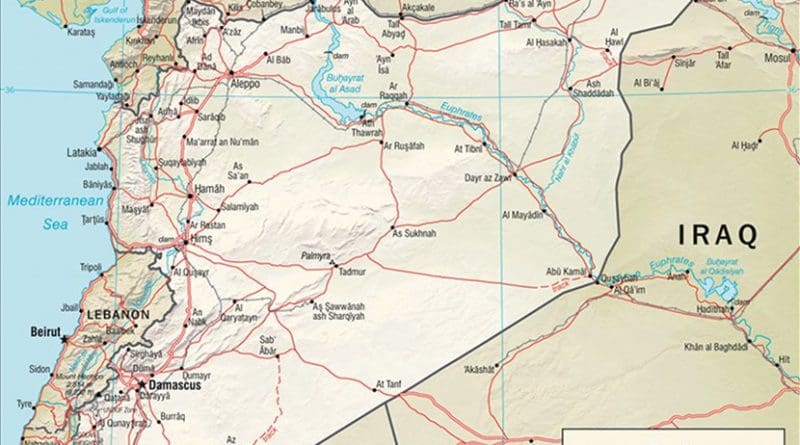Syria: Rampant Torture Of Protesters
Syrian security and intelligence services have arbitrarily detained hundreds of protesters across the country, subjecting them to torture and ill-treatment, since anti-government demonstrations began in mid-March 2011, Human Rights Watch said. The security and intelligence services, commonly referred to as mukhabarat, have also arrested lawyers, activists, and journalists who endorsed or promoted the protests, Human Rights Watch said.
Syrian authorities should immediately stop the use of torture and free arbitrarily detained demonstrators, activists, and journalists, Human Rights Watch said. The government of President Bashar al-Asad should order prompt and impartial investigations into serious abuses against detainees and ensure all those responsible are brought to justice.
“There can be no real reforms in Syria while security forces abuse people with impunity,” said Joe Stork, deputy Middle East director at Human Rights Watch. “President al-Asad needs to rein in his security services and hold them to account for arbitrary arrests and torture.”

Human Rights Watch interviewed 19 people who had been detained in Daraa, Damascus, Douma, al-Tal, Homs, and Banyas, as well as several families of detainees. Those interviewed who had been detained included two women and three teenagers, ages 16 and 17. Human Rights Watch also collected information from Syrian activists about dozens of people detained in Daraa and Banyas, and reviewed the footage of some detainees released from Daraa, whose bodies appeared to have marks from torture. Those interviewed were held by various branches of mukhabarat, including state security (Amn al-Dawla), political security (Amn al-Siyasi), and military security (Amn al-Askari).
All but two of the detainees arrested during the protests told Human Rights Watch that mukhabarat officers beat them while arresting them and in detention, and that they witnessed dozens of other detainees being beaten or heard screams of people being beaten. In addition to the three children interviewed by Human Rights Watch, witnesses reported seeing children detained and beaten in the facilities where they were held.
Many told Human Rights Watch that they and other detainees were subjected to other forms of torture, including electro-shock devices, cables, and whips. Most also said they were held in overcrowded cells, and many were deprived of sleep, food, and water – in some cases, for several days. Some said they were blindfolded and handcuffed the entire time.
Most detainees interviewed by Human Rights Watch reported being forced to sign confessions without being allowed to read them, as well as pledges not to participate in future protests. Some also had to provide detailed personal information about themselves and their families, including family members’ addresses and places of employment. None were allowed to have any contact with relatives or lawyers while in detention, and their families were not informed of their whereabouts.
Most were released after several days with no charges against them, while others were released on bail with charges pending. The number of people who remain in detention is impossible to verify, but several individuals told Human Rights Watch that a number of people from their communities who had been arrested during the protests had not returned and that their families had no information about their fate or whereabouts.

